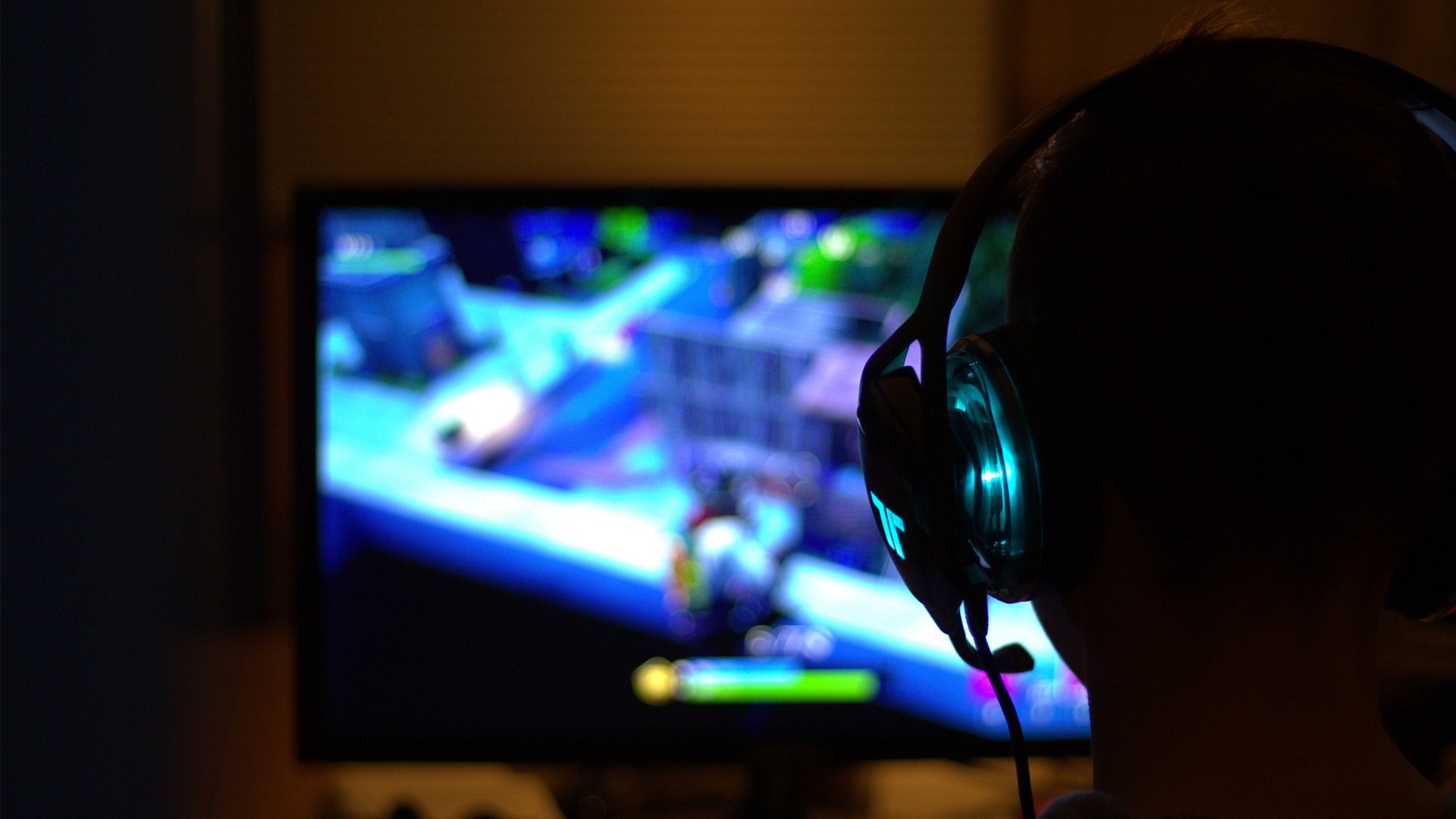We all know that gaming can be a great way to escape from the everyday stresses of life. But what if gaming could actually be used to help solve real-world problems? It may sound far-fetched, but there are already some games out there that are being used for just this purpose. In this blog post, we’ll explore some of the ways that gaming is being used to tackle big challenges like climate change and poverty. So whether you’re a hard-core gamer or just someone who likes to play the occasional game, read on to find out how gaming can make a difference in the world.
The rise of gaming and its effects on society
The rise of gaming has changed the way we interact with technology on a daily basis. From its humble beginnings as a primitive pastime for children, gaming has become a big business today, spanning multiple genres and mediums. Professional gaming tournaments are becoming increasingly popular, and gamers are defining trends in technology that were never previously thought possible. Despite criticism from those who think it encourages antisocial tendencies, gaming can be credited with providing an outlet for stress relief and an opportunity to express creativity. It’s bringing people together from all walks of life through shared interests and creating opportunities to share knowledge and experiences that no other form of entertainment can replicate. Ultimately, the rise of gaming is having a powerful effect on society in more ways than one.
How gaming can be used to solve world problems
Gaming technology has been rapidly expanding in recent years, and this presents us with a unique opportunity to use it for more than just entertainment. With the rise of computer science and big data, researchers have started to explore the potential applications of gaming to solve world problems. From disease eradication to poverty reduction, gaming is a powerful tool that leverages its immersive nature to engage populations in collaborative problem-solving activities that are both entertaining and effective. It creates an environment where users can apply their intuition, creativity, and critical thinking skills to help address the multitude of global challenges we face. All in all, gaming has moved beyond being mere entertainment into something much larger – an innovative driver of positive change.
The benefits of gaming for mental health
Gaming has been gaining attention as an effective way to boost mental health. Not only can it be an enjoyable and fun way to de-stress and take a break from the everyday routine, but studies have also shown that gaming can improve problem-solving skills, and cognitive functions and help increase motivation. As an engaging activity, gaming can keep us focused on positive experiences which can trigger the production of endorphins, thus improving our mood and overall wellness. Additionally, its social aspects – like providing friendship networks – can help cope with loneliness or feelings of isolation. So if you feel like your mental health could use a boost, don’t hesitate to turn on your favorite video game!
The importance of gameplay in developing skills
Games are more than just fun pastimes – they can also develop important skills in kids. Gameplay strengthens analytical and problem-solving skills and helps foster creativity. Games also teach useful lessons about resource management, planning, and strategy. Games can boost self-esteem, as they allow multiple opportunities for success. As well as developing core skills, playing games is a great way to make friends and socialize with others. Whether it’s a computer game or a board game, it’s important that children spend some of their recreational time playing games to continue growing essential skills.
How gaming can be used to promote physical activity
Video games get a bad rap for encouraging couch potatoes, but what if video games were used to actually promote and inspire physical activity? That’s the idea behind motion-control gaming consoles like Nintendo Wii. By using motion and pressure sensor controls instead of button pressing, these systems can engage players in actual movement while they play. Along with traditional sports-based games, many game developers are now creating “exergames” specifically designed to encourage exercise. Such titles as Dance Revolution and Just Dance use full-body movement and provide an intense cardio workout; plus, users can often track their progress and goals on the game dashboard. While not a substitute for leisurely outdoor activities, gaming can still be used as a tool to help people stay fit – all while having a blast!
The role of gaming in social interaction
Gaming has become a popular way to socialize in recent years, with so many different platforms and genres providing opportunities for people to connect with friends old and new. From console games like Call of Duty and Minecraft to online-exclusive titles like League of Legends and Overwatch, gamers can come together to play, discuss strategy plans, organize tournaments, or just have some fun. Not only do these games provide an engaging form of entertainment, but they give people the opportunity to bond over mutual interests in a social context. It’s no wonder why gaming is such an integral part of so many people’s lives – it brings out the best qualities in everyone!
Overall, gaming is a far-reaching phenomenon that can be used in many ways. From solving world problems to promoting physical activity, it is clear gaming has an impact on almost every aspect of society. While some people have concerns over the potential risks associated with gaming, when done responsibly and balanced with other activities, it can have great benefits as well, both mentally and physically. Not to mention the fact that it can hone skills and encourages social interaction. We should keep looking for further opportunities that allow us to explore the digital world of gaming in order to unlock all its potential.







